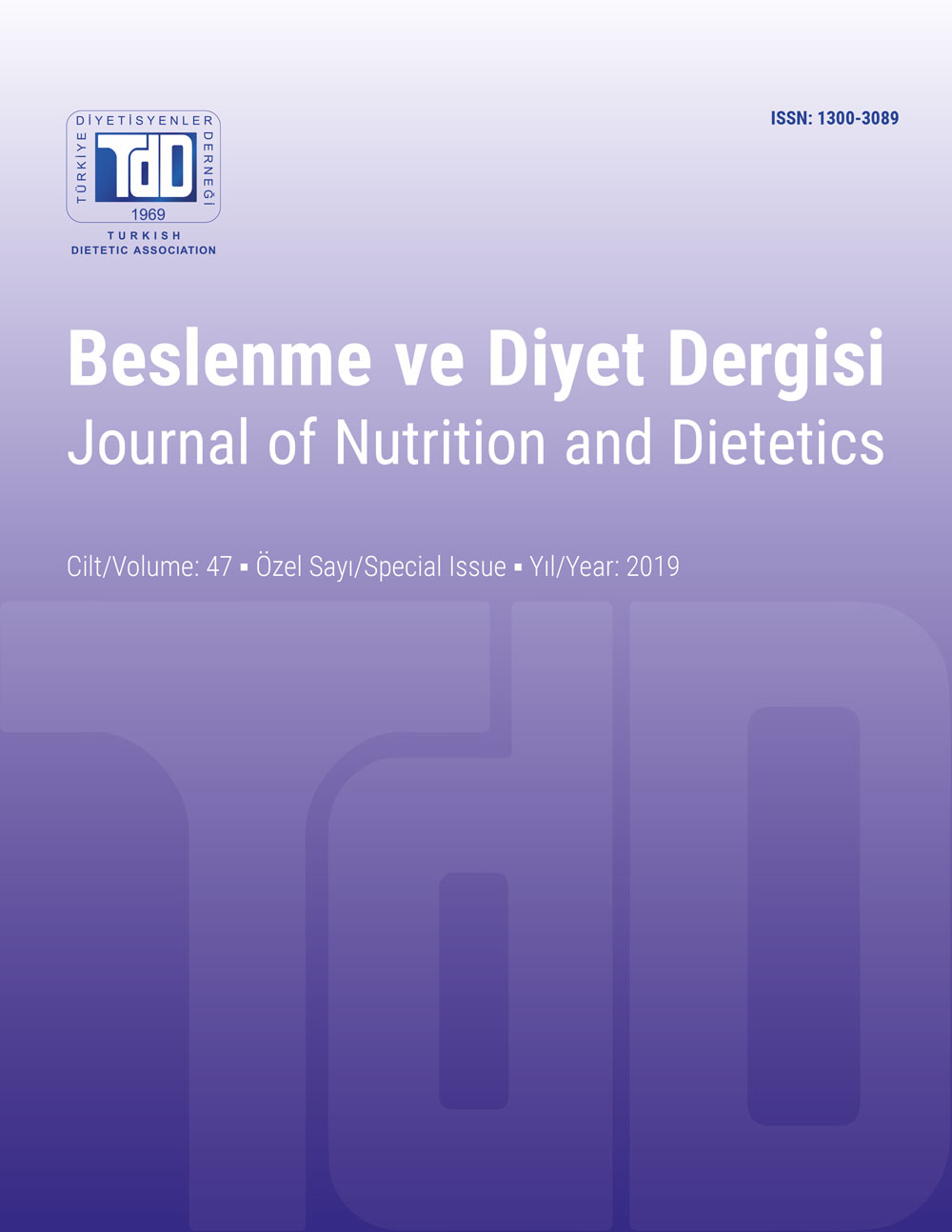Adherence Problems in Medical Nutrition Therapy of People with Diabetes
DOI:
https://doi.org/10.33076/2019.BDD.1311Keywords:
Diabetes, medical nutrition therapy, adherence, compliance, concordanceAbstract
Compliance to medical nutrition therapy is a dynamic process, with many patients changing between a state of compliance and partial and noncompliance. Although clinicians often use the word compliance, there is much debate about the correct terminology. There are three terms used to define the compliance to nutrition therapy; compliance suggests conformity or a type of obedience in following dietitian’s orders, whereas adherence suggests support, devotion, or allegiance. Compliance carries negative connotations; it suggests an element of compulsion and blame, whereas adherence is nonjudgmental. Adherence to nutrition therapy describes the extent to which the patient’s behavior matches agreed recommendations from the dietitian. It includes commitment, loyalty to nutrition therapy. Adherence is nonjudgmental. Concordance refers an agreement reached after negotiation between a patient and a dietitian that respects the beliefs and wishes of the patient. No single measure will determine all faces of conformity with treatment in people with diabetes. There is a need for clear definitions and measurements of adherence to treatment and advice in living with diabetes. Patients need to be supported, not blamed, and health professionals need to be trained in terms of adherence to nutrition therapy.

